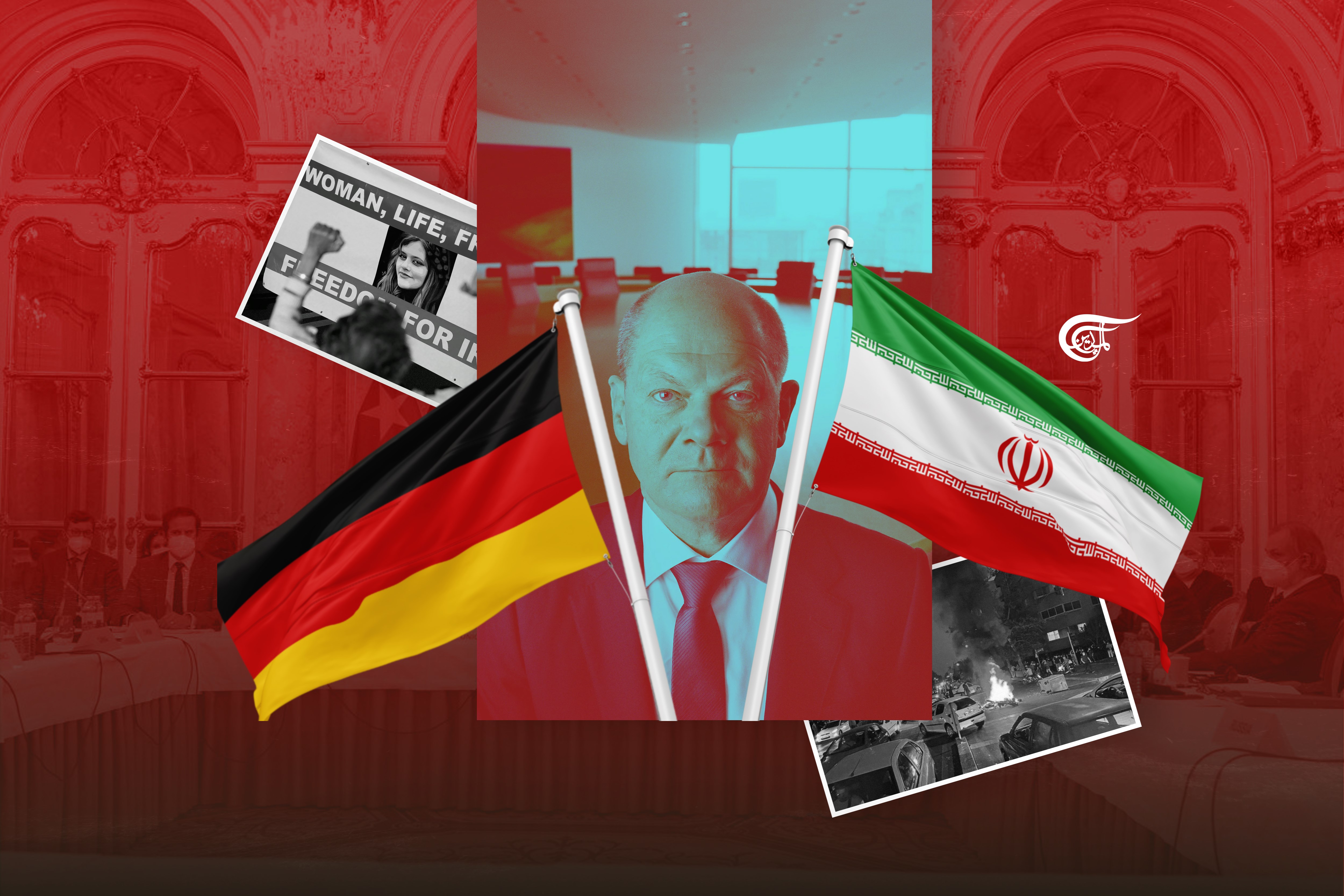Germany’s “human rights” plot and the JCPOA
Germany and its allies need to position themselves as honest brokers in the Iran nuclear deal. To come through on that front, it is critical for countries to demonstrate impartiality, and focus energies where they belong: getting the European Union to break the nuclear talks deadlock.
-

Does it suit select Western powers, including some JCPOA signatories, to publicly refuse their focus towards delicate nuclear deal revival issues in a bid to step-up support for anti-state rioters?
“The Islamic Republic of Iran deeply regrets that the Human Rights Council is abused once again by some arrogant states to antagonize a sovereign UN member state that is fully committed to its obligation to promote and protect human rights.”
That was the position from Tehran as Germany co-sponsored a politically motivated resolution at the UN Human Rights Council (UNHRC) this week. Deliberate distortion of the human rights situation in Iran arrives at a time when Berlin sought to relinquish its Joint Comprehensive Plan of Action (JCPOA) focus, to center energies on Tehran’s internal affairs. Such public deviation deserves to be called out.
Consider the fact that “human rights” has once again been employed by Germany and its allies to try and pressure the Iranian government to succumb to external interference. The formation of a so-called “fact-finding mission” plays into the anti-state narrative of violent rioters, and is the result of Western lobbying efforts that take exception to key realities. These include the involvement of some 45,000 people individuals in fueling the anti-government riots, with links to foreign organizations, intelligence services, and terrorist groups.
Does it suit select Western powers, including some JCPOA signatories, to publicly refuse their focus towards delicate nuclear deal revival issues in a bid to step-up support for anti-state rioters? “[U.S. and European nations] lack the moral credibility to preach others on human rights and to request a special session on Iran,” Iran’s deputy of the vice president for women and family affairs told a special UN Human Rights Council session this week. The dichotomy between stated and practiced Western “human rights” priorities couldn’t be any clearer.
Before attempting to lecture Tehran on its “legal obligation” to protect its population, perhaps Germany needs to take a hard look at its role in putting actual imperatives on ice. Among them lies much-needed JCPOA momentum to break the present deadlock, especially with the United States backing away, and the path to interaction between Tehran and the International Atomic Energy Agency (IAEA) Secretariat still open. Blatant distractions, such as the UNHRC special session against Iran, ignore that Tehran has always been open to the voice of protesters but will not tolerate foreign-engineered riots. No sovereign state will. As such, attempts to politicize the situation on the ground will hit a brick wall, and add undue strain on nuclear deal interests that have been chief to Germany, its allies, and Iran in the past.
On nuclear deal leverage, many original signatories to the original JCPOA have plenty at their disposal to advance a revived deal’s prospect. For instance, they can narrow the communication gap between all powers with a stake in a negotiated outcome, particularly with Tehran exchanging messages with the US on the removal of unwarranted sanctions.
But rather than strengthening Western resolve to drive negotiations forward, Berlin and allies have made no secret of backing divisive elements to engineer unrest in Iran. The nature and timing of the Germany-backed resolution against Iran’s government are themselves emblematic of Western hypocrisy on peace priorities. There is no desire to respect the government’s sovereign right to ensure stability within its borders, and plenty of resolve to push human rights and foreign interference in tandem. The nature of the debate on Iran’s internal affairs at the special session this week is a fitting example of Western states signaling favorably to anti-state actors in Iran, hoping to create divisions between the government and its people.
That is a plot which is destined to fail. It shows in Tehran’s unwavering commitment to guard its core interests, and the recognition that a foreign conspiracy to instigate a civil war in Iran has met its fate. Berlin would therefore be ill-advised to play into a vicious “human rights” campaign against Iran with the chief purpose of distorting Tehran’s image in the region. Understand that Germany and its allies need to position themselves as honest brokers in the Iran nuclear deal. To come through on that front, it is critical for countries to demonstrate impartiality, and focus energies where they belong: getting the European Union to break the nuclear talks deadlock.
Action is still pending on issues of legitimate concern to Iran, including strong and verifiable economic safeguards that are yet to come to the fore. There is no guarantee that a succeeding US administration will not breach the terms of any revived nuclear pact in the future. The fact that such a critical consideration is not high on the Western agenda tells us all we need to know about the real gaps in the nuclear deal revival process.
Despite the double standards, Tehran has shown immense patience during negotiations. But the same cannot be expected of a state when its domestic matters are deliberately misrepresented on the world stage. Rather than creating conditions that are conducive to long-term, verifiable nuclear deal guarantees from the US, Germany and its European allies wish to blame Iran for stopping the alleged implementation of “all JCPOA-related transparency measures.”
There is a fundamental requirement for negotiations to reemerge as a two-way street. Such toxic rhetoric and human rights untruths demand a departure.

 Hannan Hussain
Hannan Hussain
 5 Min Read
5 Min Read











